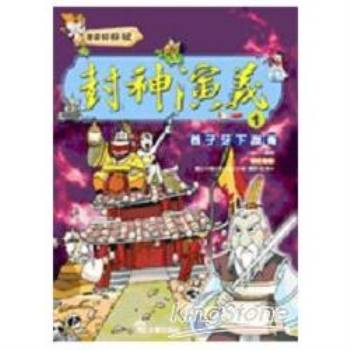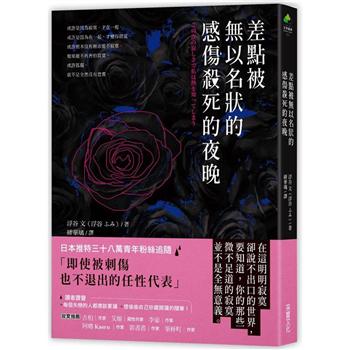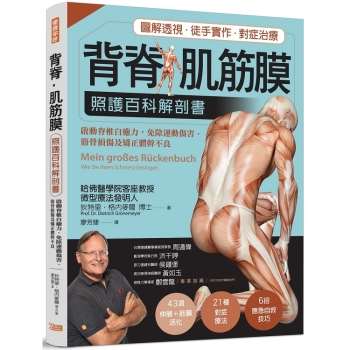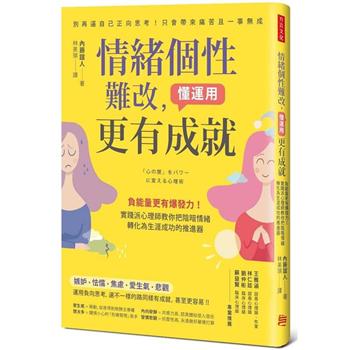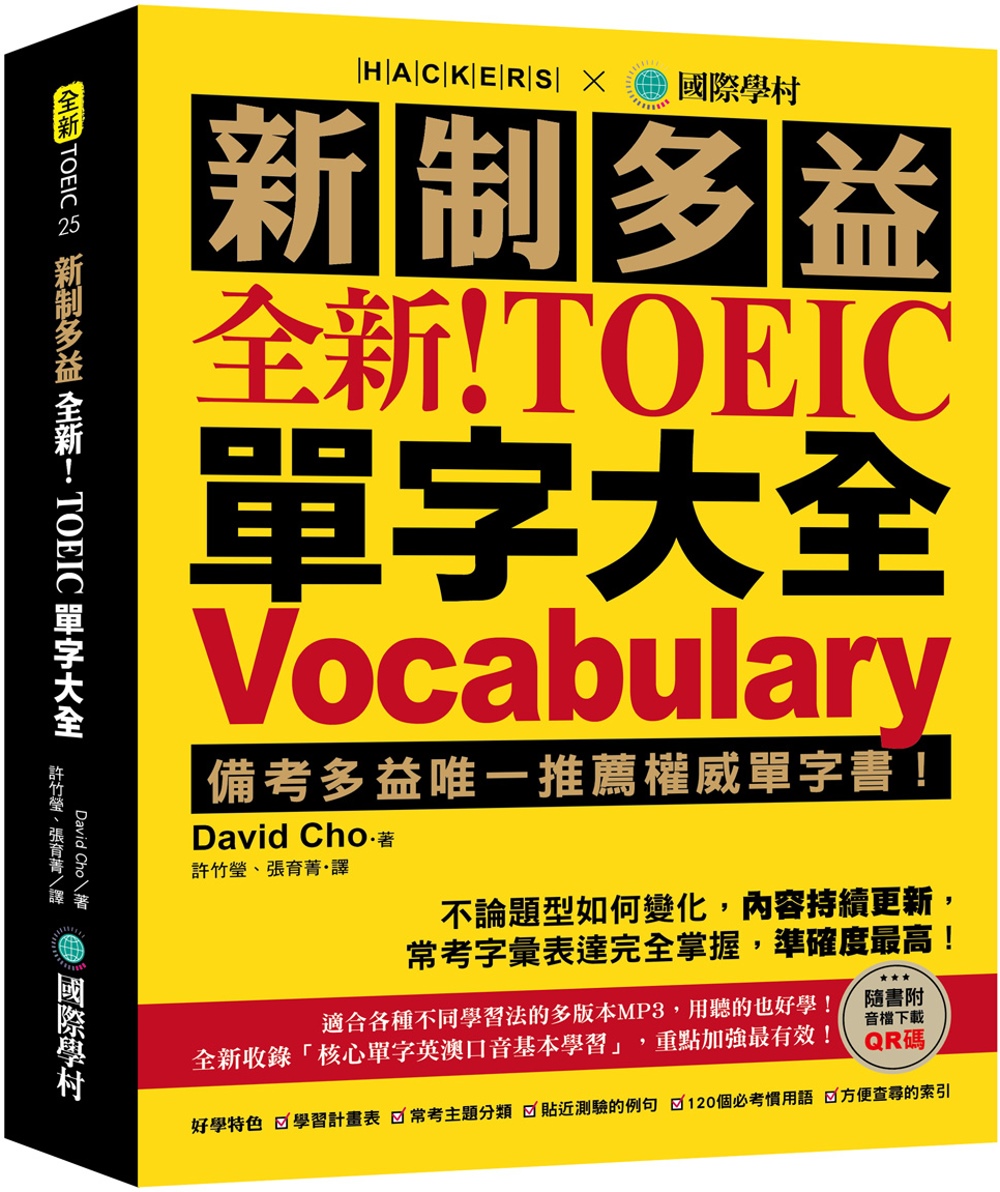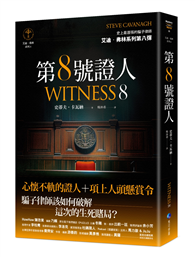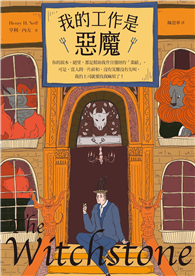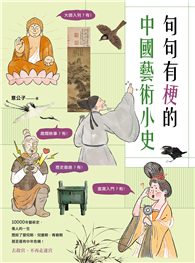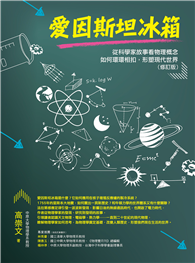Recent debates in Confucian political theory have been fueled not only by attempts to find compatibility between Confucian values and democracy but also by efforts to identify theories of "Confucian democracy" and "Confucian meritocracy" that can provide cultural and political alternatives to Western-style democracy revolving around liberal values. Aware of the huge potential of Confucian values to contribute to democratic theory, many Confucian democrats attempt to justify democracy in Confucian terms by reinterpreting and reconstructing Confucian texts. Equally concerned with the complex interplay between Confucianism and democracy, Confucian meritocrats try to make the most of meritocratic values-which many of them take to be pivotal to traditional Confucian thought-in ways that grapple with the tantalizing promise of liberal democracy. For meritocrats, the ascendance of democracy as "the only game in town" undermines what renders Confucianism normatively appealing and conceptually intelligible. There are also what David Elstein (2010) calls "Confucian-inspired democrats" who tend to view Confucianism as a cluster of cultural habits and mores and commit themselves to addressing practical problems faced by East Asians embedded in Confucian culture.
| FindBook |
有 1 項符合
Confucian justification of leadership democracy的圖書 |
 |
Confucian justification of leadership democracy 作者:Jin 出版社:Sakshih193 出版日期:2023-06-23 語言:英文 規格:平裝 / 232頁 / 22.86 x 15.24 x 1.24 cm / 普通級/ 初版 |
| 圖書館借閱 |
| 國家圖書館 | 全國圖書書目資訊網 | 國立公共資訊圖書館 | 電子書服務平台 | MetaCat 跨館整合查詢 |
| 臺北市立圖書館 | 新北市立圖書館 | 基隆市公共圖書館 | 桃園市立圖書館 | 新竹縣公共圖書館 |
| 苗栗縣立圖書館 | 臺中市立圖書館 | 彰化縣公共圖書館 | 南投縣文化局 | 雲林縣公共圖書館 |
| 嘉義縣圖書館 | 臺南市立圖書館 | 高雄市立圖書館 | 屏東縣公共圖書館 | 宜蘭縣公共圖書館 |
| 花蓮縣文化局 | 臺東縣文化處 |
|
|
圖書介紹 - 資料來源:博客來 評分:
圖書名稱:Confucian justification of leadership democracy
|
